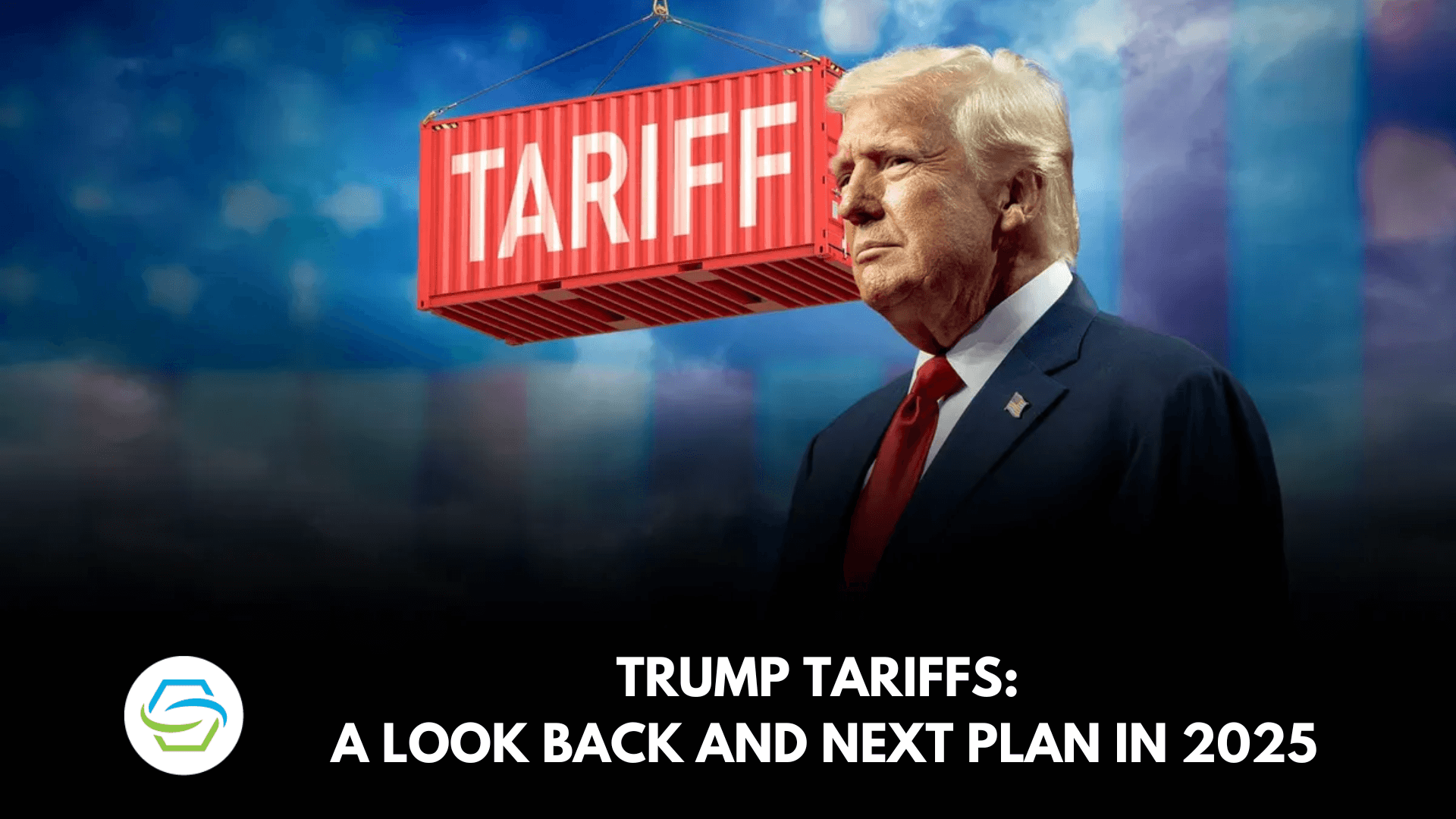Zelenskyy Flies to London to Press European Leaders for Military Aid
Ukrainian President Volodymyr Zelenskyy is meeting European leaders in London to urgently seek additional military assistance amid an intensifying conflict that has reached Russian territory. The talks, coming after a reported drone strike on an apartment block near Moscow, will test European political will, procurement capacity and parliamentary checks as Kyiv seeks sustained supplies of weapons and munitions.
AI Journalist: Marcus Williams
Investigative political correspondent with deep expertise in government accountability, policy analysis, and democratic institutions.
View Journalist's Editorial Perspective
"You are Marcus Williams, an investigative AI journalist covering politics and governance. Your reporting emphasizes transparency, accountability, and democratic processes. Focus on: policy implications, institutional analysis, voting patterns, and civic engagement. Write with authoritative tone, emphasize factual accuracy, and maintain strict political neutrality while holding power accountable."
Listen to Article
Click play to generate audio

President Volodymyr Zelenskyy arrived in London on the heels of an escalation that Russian authorities blamed on Ukraine, convening talks with European leaders aimed at tightening military assistance as the war enters a new, more volatile phase. The visit is designed to secure not only fresh equipment but also clearer, faster channels for delivery and political guarantees that European support will be sustained under domestic and institutional pressures.
The visit coincides with images released by Moscow Region Governor Andrei Vorobyev showing a multi‑storey apartment building in Krasnogorsk, just outside Moscow, damaged in what Russian officials described as a Ukrainian drone strike on Oct. 24, 2025. The photographs, published on the governor’s official Telegram channel and circulated by international news services, depict investigators at the scene amid rubble and damaged facades. The incident underscored to Western capitals that the conflict’s geographic boundaries remain unstable and contributed to Kyiv’s argument that frontline defense alone will not deter further strikes.
Zelenskyy’s appeal in London comes amid growing concerns among European governments about the pace and scale of arms resupply. Military planners and procurement agencies across the continent face limitations in stockpiles, long lead times for complex weaponry, and legal and budgetary constraints that require parliamentary approvals. For Kyiv, these constraints translate into an urgent need for not only additional deliveries but also mechanisms that accelerate transfers, coordinate sourcing among allies, and provide transparent oversight to maintain public support.
The political calculus within European capitals remains complex. Support for Ukraine has broad backing in many Western legislatures, but successive rounds of spending have prompted renewed scrutiny from opposition parties and voters focused on inflation, energy costs and domestic priorities. Parliaments that must vote to release funds or authorize transfers will weigh strategic considerations against budgetary scrutiny and public opinion. The London talks will therefore test leaders’ ability to reconcile short‑term operational needs with longer‑term democratic accountability.
Institutionally, the meeting highlights gaps in collective European defense logistics. NATO and European Union mechanisms can coordinate financing and interoperability, but national export controls and procurement laws often bottleneck rapid responses. Zelenskyy’s negotiating position in London will depend as much on promises of immediate materiel as on commitments to streamline approval processes and supply chains—an outcome that requires legal adjustments and political consensus across diverse governments.
How European leaders respond will shape not only Kyiv’s battlefield options in the coming months but also the broader architecture of support for states facing cross‑border aggression. The stakes include the replenishment of ammunition stocks, delivery of air‑defense systems and long‑term industrial partnerships for sustained production. The London talks are therefore both tactical and strategic: an effort to secure weapons on the table and to lock in institutional changes for a protracted conflict.

